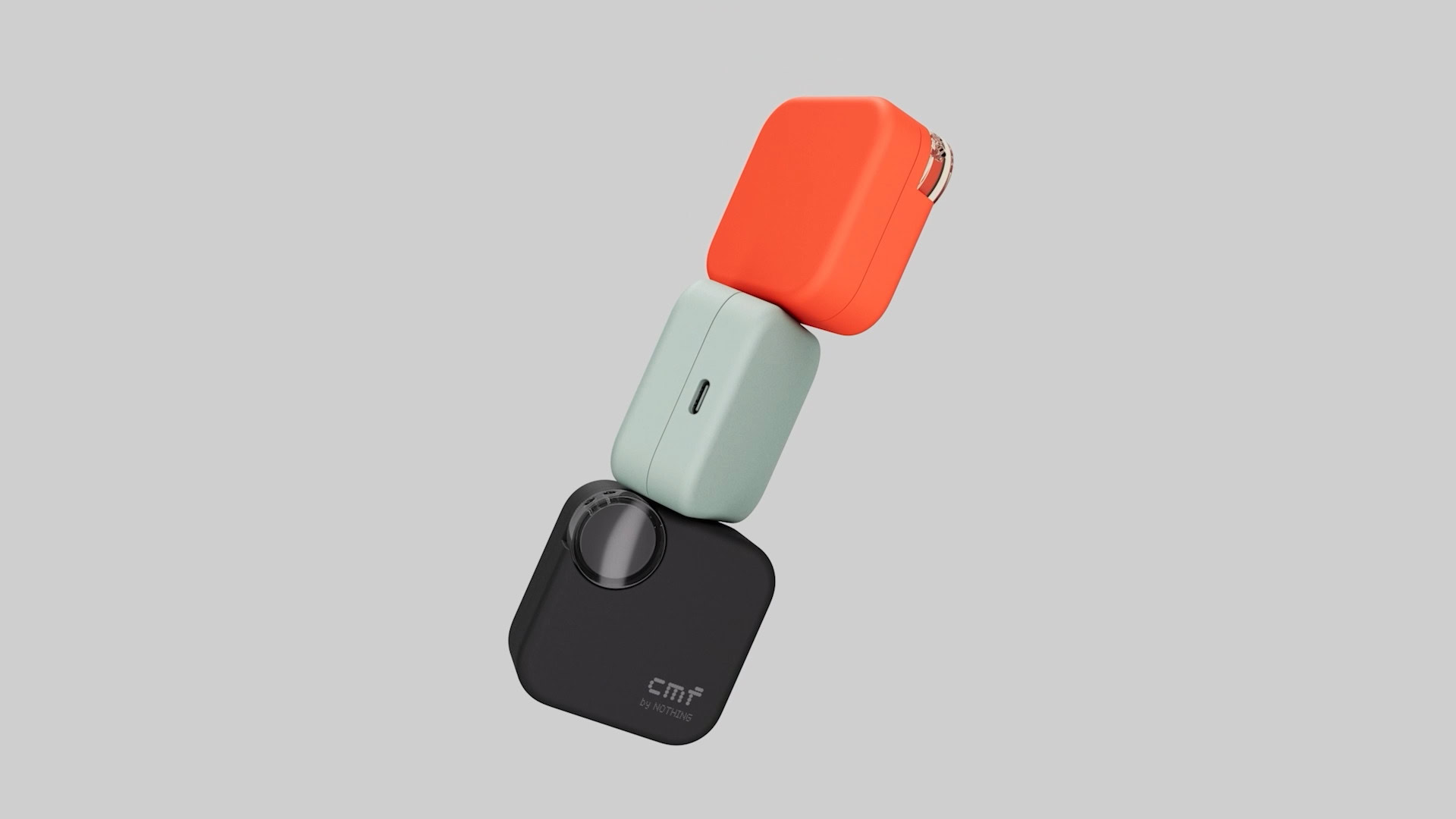What entry-level HR jobs are available for beginners?
What entry-level HR jobs are available for beginners?
Breaking into the field of Human Resources can be an exciting career move, especially for those just starting out. With companies continually seeking fresh talent to manage their most valuable resource—their people—the HR field offers a range of opportunities for beginners. Whether you’re a recent graduate or someone looking to pivot careers, entry-level HR roles provide a solid foundation to build your expertise and grow within the industry.
Understanding the HR Landscape
Human Resources is a multifaceted field that involves managing employee relations, recruiting top talent, ensuring compliance with employment laws, and fostering an inclusive company culture. For beginners, entry-level positions offer a chance to learn various aspects of HR without being overwhelmed by high-level responsibilities. Many of these roles provide comprehensive training and mentoring, ensuring that you develop both practical skills and theoretical knowledge as you advance in your career.
Top Entry-Level HR Roles for Beginners
-
HR Assistant
As an HR Assistant, you'll be responsible for supporting daily administrative tasks such as maintaining employee records, scheduling interviews, and assisting with onboarding new hires. This role is ideal for beginners because it provides a broad overview of HR functions and a chance to interact with multiple departments. Attention to detail, strong organizational skills, and proficiency in office software are key to excelling in this position. HR Classes in Pune
-
HR Coordinator
Similar to an HR Assistant, the HR Coordinator role involves more coordination and communication duties. You might be tasked with scheduling training sessions, organizing employee events, or coordinating benefits administration. This position typically requires excellent communication skills, as you’ll interact with both employees and management, helping to bridge the gap between various HR functions.
-
Recruitment Coordinator/Recruiter
If you enjoy networking and have a knack for spotting talent, starting as a Recruitment Coordinator or Junior Recruiter might be the perfect fit. In this role, you'll support the recruiting process by scheduling interviews, screening candidates, and assisting with job postings. Over time, you may take on more responsibility, such as conducting initial candidate assessments or even leading recruitment efforts. A keen eye for talent, excellent interpersonal skills, and a good understanding of job market trends are valuable assets in this position.
-
HR Generalist (Junior Level)
While the HR Generalist role often requires a broader knowledge of HR, some companies hire junior generalists who gradually take on more responsibilities. As a Junior HR Generalist, you might work on employee relations, performance management, and policy implementation. This role is perfect if you’re eager to gain exposure to multiple areas of HR and eventually become a well-rounded HR professional.
-
Compensation & Benefits Assistant
If you’re detail-oriented and have an affinity for numbers, consider starting as a Compensation & Benefits Assistant. In this role, you'll help manage payroll data, assist in benefits administration, and support budgeting processes related to employee compensation. While this position might require some basic knowledge of finance or accounting, on-the-job training is often provided to help you understand the intricacies of compensation structures.
-
HR Intern
For those who may not have direct HR experience, an internship can be an invaluable entry point. HR internships offer practical, hands-on experience in various HR functions, including recruiting, employee engagement, and administrative support. Internships can also lead to full-time roles within the company, making them a strategic starting point for your HR career.
What Employers Look For
Even for entry-level roles, employers often look for a blend of soft and hard skills. Here are a few qualities that can set you apart:
- Strong Communication Skills: Effective verbal and written communication is crucial in HR, whether you’re drafting policies, negotiating with vendors, or resolving employee issues.
- Attention to Detail: Managing employee data and benefits requires a meticulous approach.
- Organizational Skills: HR roles often involve juggling multiple tasks simultaneously.
- Tech-Savviness: Familiarity with HR information systems (HRIS), Microsoft Office, and sometimes applicant tracking systems (ATS) can be a significant advantage.
- Empathy and Interpersonal Skills: HR professionals need to build trust and foster positive relationships across the organization.
Building Your HR Career
Getting started in HR is as much about gaining experience as it is about continuing education. Consider the following steps:
- Education and Certification: While many entry-level roles require a bachelor’s degree in HR, business, or a related field, certifications such as SHRM-CP or PHR can boost your credibility. HR Course in Pune
- Networking: Join HR associations, attend industry events, and engage with HR professionals on platforms like LinkedIn.
- Continuous Learning: The HR field is ever-evolving. Keeping up-to-date with the latest trends, legal updates, and best practices will make you a valuable asset to any team.
Conclusion
Entry-level HR jobs are an excellent way to launch your career in Human Resources. Whether you choose to start as an HR Assistant, Coordinator, or even as a Recruitment Specialist, each role provides a stepping stone to understanding the complexities and rewards of managing people. With dedication, continuous learning, and a proactive approach to networking, you can build a successful career in HR, making a significant impact on the workplace and the lives of employees.
Frequently Asked Questions (FAQs)
Q: What qualifications do I need for an entry-level HR job?
A: Most entry-level HR roles require at least a bachelor’s degree in Human Resources, business, or a related field. Strong communication, organizational skills, and basic computer literacy are also essential. Certifications like SHRM-CP or PHR can further enhance your qualifications.
Q: How important is HR certification for beginners?
A: While not always mandatory, HR certifications can give you a competitive edge by demonstrating your commitment and understanding of the field. They are particularly useful if you’re transitioning from another industry.
Q: Can I start in HR without prior HR experience?
A: Absolutely! Many companies offer internships and entry-level positions that provide comprehensive training. Roles like HR Assistant or HR Intern are designed to help you learn on the job.
Q: What skills are most valued in entry-level HR roles?
A: Employers typically look for strong communication, attention to detail, organizational skills, and a basic understanding of HR software. Empathy and interpersonal skills are also crucial, as HR is all about managing relationships.
Q: Is it possible to advance in HR after starting in an entry-level role?
A: Yes, many HR professionals begin in entry-level positions and move up to higher-level roles, such as HR Generalist, HR Manager, or even HR Director. Continuous learning, gaining certifications, and networking are key factors in career advancement.
What's Your Reaction?
 Like
0
Like
0
 Dislike
0
Dislike
0
 Love
0
Love
0
 Funny
0
Funny
0
 Angry
0
Angry
0
 Sad
0
Sad
0
 Wow
0
Wow
0






















































